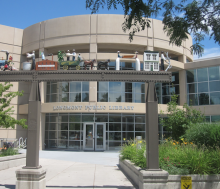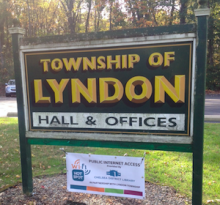More Than Half of Longmonters Choose NextLight Fiber. Because NextLight Fiber.
We knew that Longmonters loved their publicly owned network, but recent numbers show how many of them have shunned incumbents to switch. More than half of the market in Longmont has now signed up with NextLight. While NextLight subscribers enjoy fast, affordable, reliable connectivity from their network, benefits from competition are also creating a better environment for Longmonters who have stayed with the incumbents.
When Longmont Power and Communications (LPC) set out to serve the community in 2014, their goal was to reach approximately 37 percent of the market within five years. According to LPC’s Scott Rochat, they’ve blown away that goal and have already reached 54 percent.
No Tricks, Just Gigabits
While large national providers focus their efforts to capture customers with gimmicks such as reduced introductory rates that later increase, LPC has appealed to subscribers with a series of intelligent moves that show their commitment to the community.
At the start of 2018, LPC dropped the cost of their symmetrical gigabit Internet access from $99.95 per month to $69.95 per month. If subscribers have been connected for 12 continuous months, they’re eligible for a loyalty discount which brings the price down another $10 per month. During deployment, LPC created a special program in which folks who signed up for service within three months that service was available in their areas were able to cut yet another $10 per month off their gigabit rate for as long as they stayed connected. These Charter Members are able to take that $49.95 per month rate with them when they move to a different Longmont address where NextLight is available and the rate stays at the premise that they sell.
Approximately 93 percent of NextLight residential subscribers are Charter Members, Rochat told the Times Call. The network currently serves 17,400 premises.
Subscribers who referred friends were also able to get a free month of service for each referral and they had extended the promotion to digital voice service.
Competition=Better Rates, Better Services



